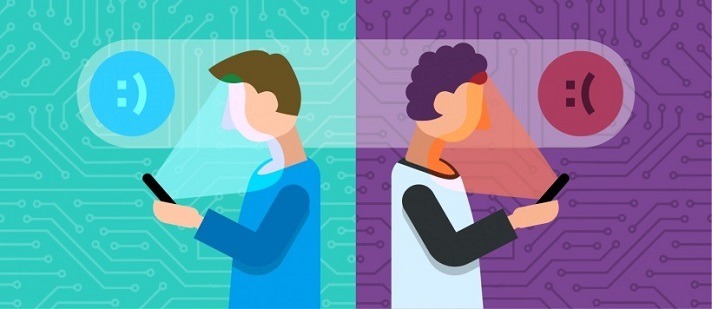“Digital therapeutics” vs. “Mental health apps”: A growing debate on standards, regulation and efficacy
 The efficacy of Mental Health Apps (pharmaforum):
The efficacy of Mental Health Apps (pharmaforum):
In January, PLOS Digital Health published a study which claimed that there’s “sparse” data to support the efficacy of most mental health apps.
In their meta-analysis of published studies, the authors found universal deficiencies and concluded that there’s no convincing evidence that app-based interventions deliver meaningful outcomes. Without digging further, one might think the current case for digital therapeutics is weak.
I reviewed all 14 meta-analyses included in the study and found the analysis to be accurate, but incomplete.
These analyses focused exclusively on wellness and smoking cessation apps, bypassing a category of digital therapeutics regulated by the FDA that make scientifically validated claims using sound research … A meta-analysis focused on DTx products, like Big Health’s Sleepio, Pear’s reSET, Orexo’s Deprexis, and Happify Health’s Happify, would reach different conclusions…
In 2017, pioneering DTx companies created the Digital Therapeutics Alliance (DTA), a 501(c)(6) non-profit trade association focused on providing patients, clinicians, payors, and policymakers with the necessary tools to evaluate and utilize PDTs and NPDTs.
One of their primary initiatives was to develop core principles to which all DTx companies should adhere. These include making claims that are appropriate for the level of clinical evaluation, and following required regulatory processes to support product claims. More than 40 companies have joined the DTA and agreed to these principles.
When you look at the research being conducted by leading DTA members, the evidence for digital therapeutics is far more convincing. Almost none of the 145 trials included in the meta-analysis published in PLOS Digital Health included studies from DTA members.
(Note: the author is senior director of research strategy for Happify Health)
The Study:
Mobile phone-based interventions for mental health: A systematic meta-review of 14 meta-analyses of randomized controlled trials (PLOS Digital Health). From the Abstract:
Mobile phone-based interventions have been proposed as a means for reducing the burden of disease associated with mental illness. While numerous randomized controlled trials and meta-analyses have investigated this possibility, evidence remains unclear. We conducted a systematic meta-review of meta-analyses examining mobile phone-based interventions tested in randomized controlled trials … The magnitude of effects and strength of evidence tended to diminish as comparison conditions became more rigorous (i.e., inactive to active, non-specific to specific) … Despite substantial heterogeneity, no moderators were identified. Adverse effects were not reported. Taken together, results support the potential of mobile phone-based interventions and highlight key directions to guide providers, policy makers, clinical trialists, and meta-analysts working in this area.


